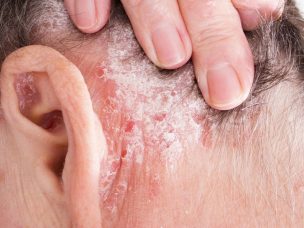TUESDAY, March 16, 2021 (HealthDay News) — The U.S. Preventive Services Task Force (USPSTF) recommends screening for prediabetes and type 2 diabetes in overweight or obese adults aged 35 to 70 years and referral to preventive interventions for those with prediabetes. These recommendations form the basis of a draft recommendation statement published online March 16.
Daniel E. Jonas, M.D., M.P.H., from the University of North Carolina at Chapel Hill Evidence-based Practice Center in Research Triangle Park, and colleagues conducted a systematic review of 89 publications to examine the benefits and harms of screening for abnormal blood glucose and type 2 diabetes and interventions for screen-detected prediabetes and type 2 diabetes. The researchers found that for screen-detected diabetes, one trial showed no improvement in mortality or other outcomes at five and 10 years of follow-up. Interventions improved health outcomes over 10 to 20 years for recently diagnosed diabetes. Interventions were associated with a reduced incidence of diabetes and improvement in intermediate outcomes among obese or overweight people with prediabetes.
Based on these findings, the USPSTF concludes with moderate certainty that screening for prediabetes or type 2 diabetes and offering or referring patients with prediabetes to effective preventive interventions has a moderate net benefit. These findings apply to adults aged 35 to 70 years seen in primary care settings, who are overweight or obese and do not have symptoms of diabetes (B recommendation).
The draft recommendation statement and draft evidence review have been posted for public comment; comments can be submitted from March 16 to April 12, 2021.










